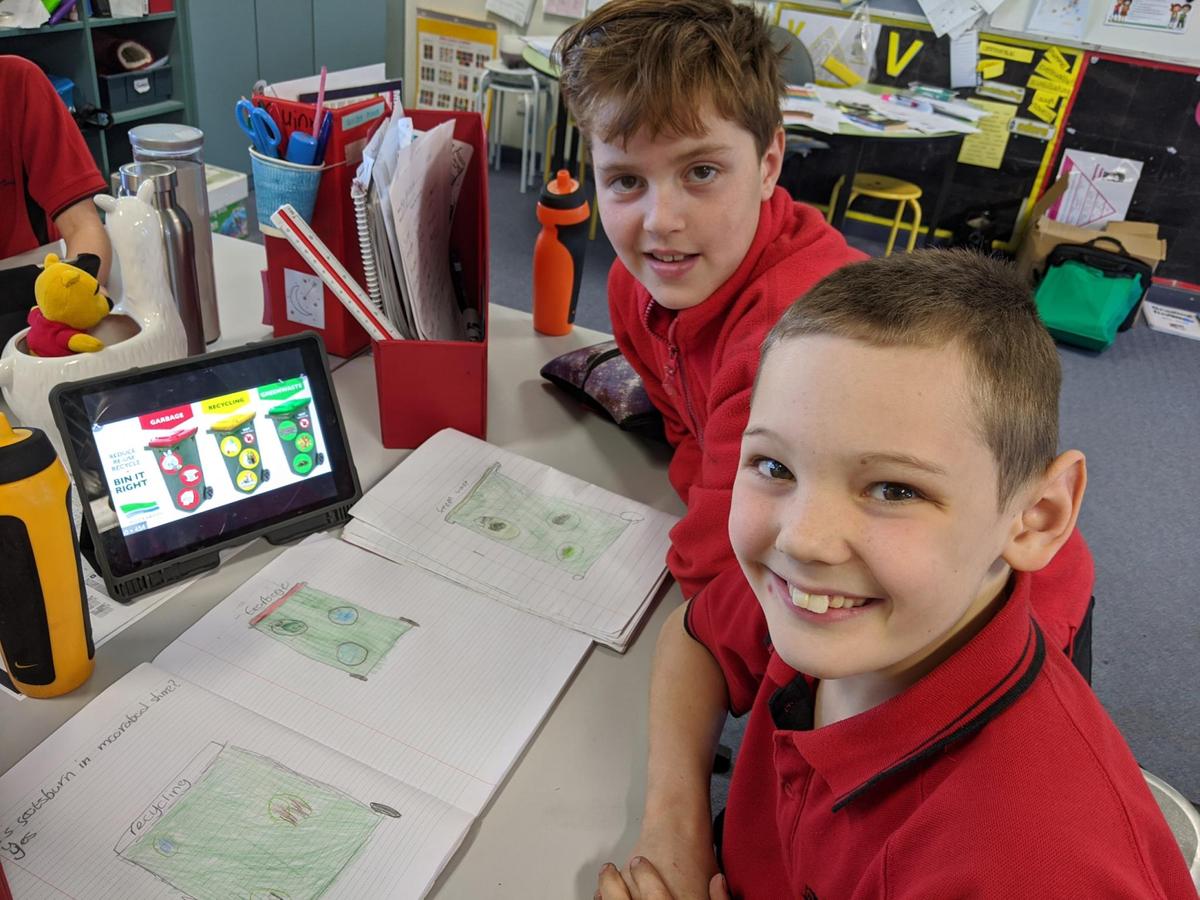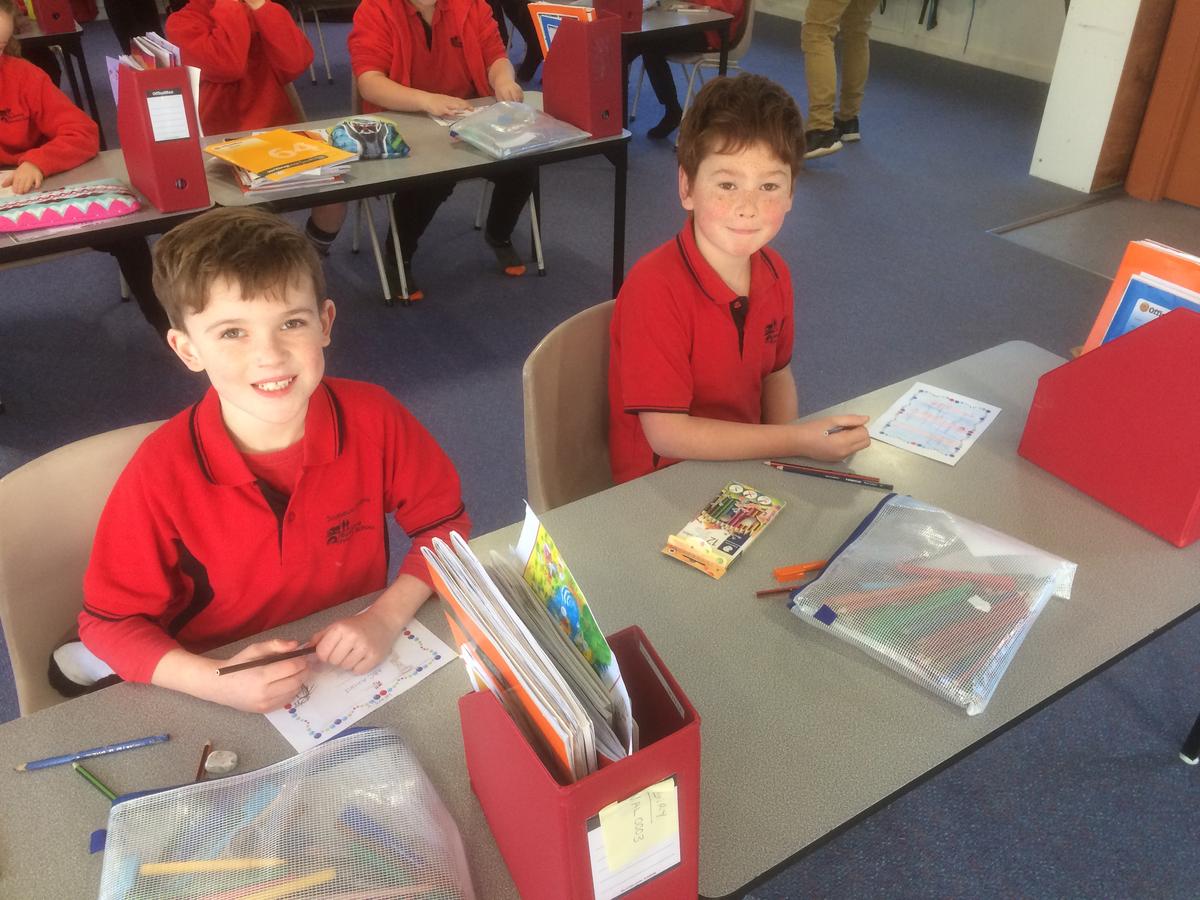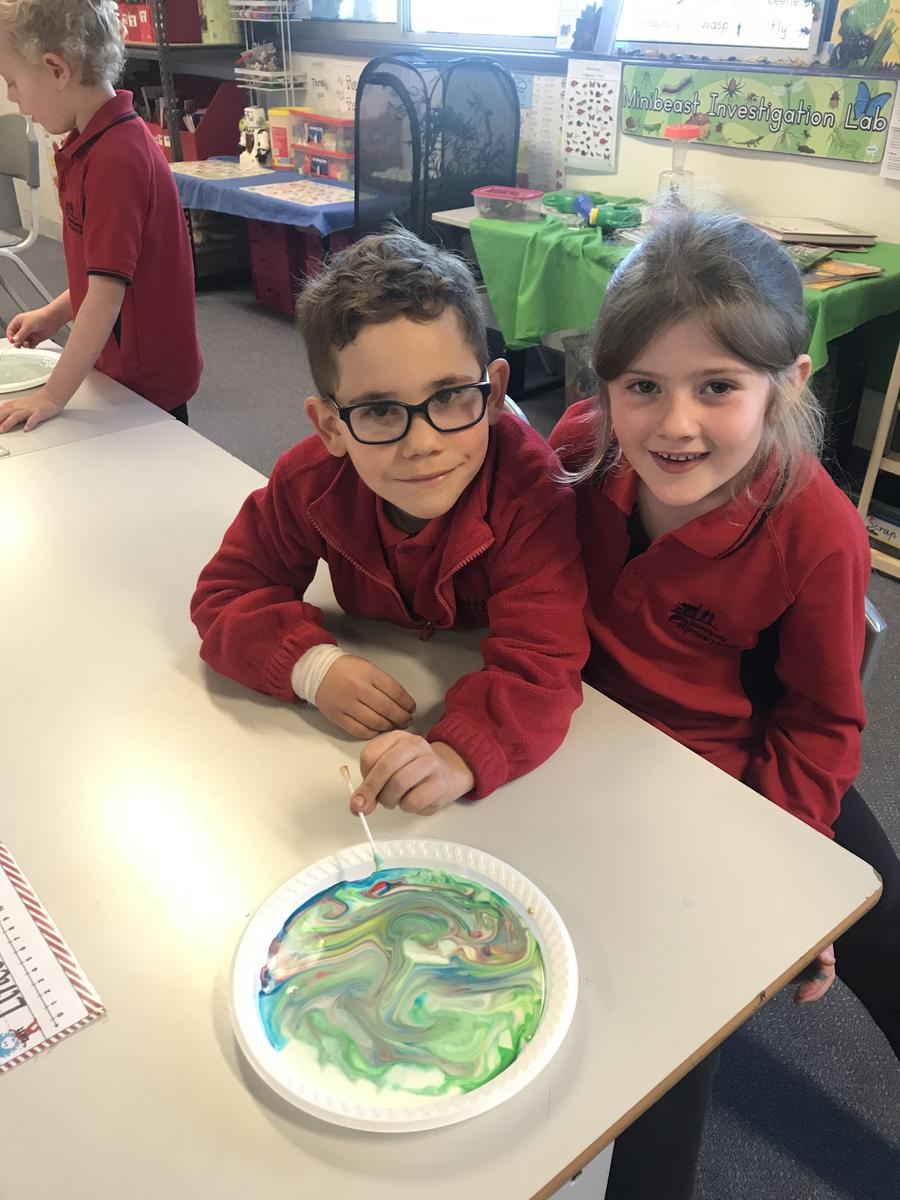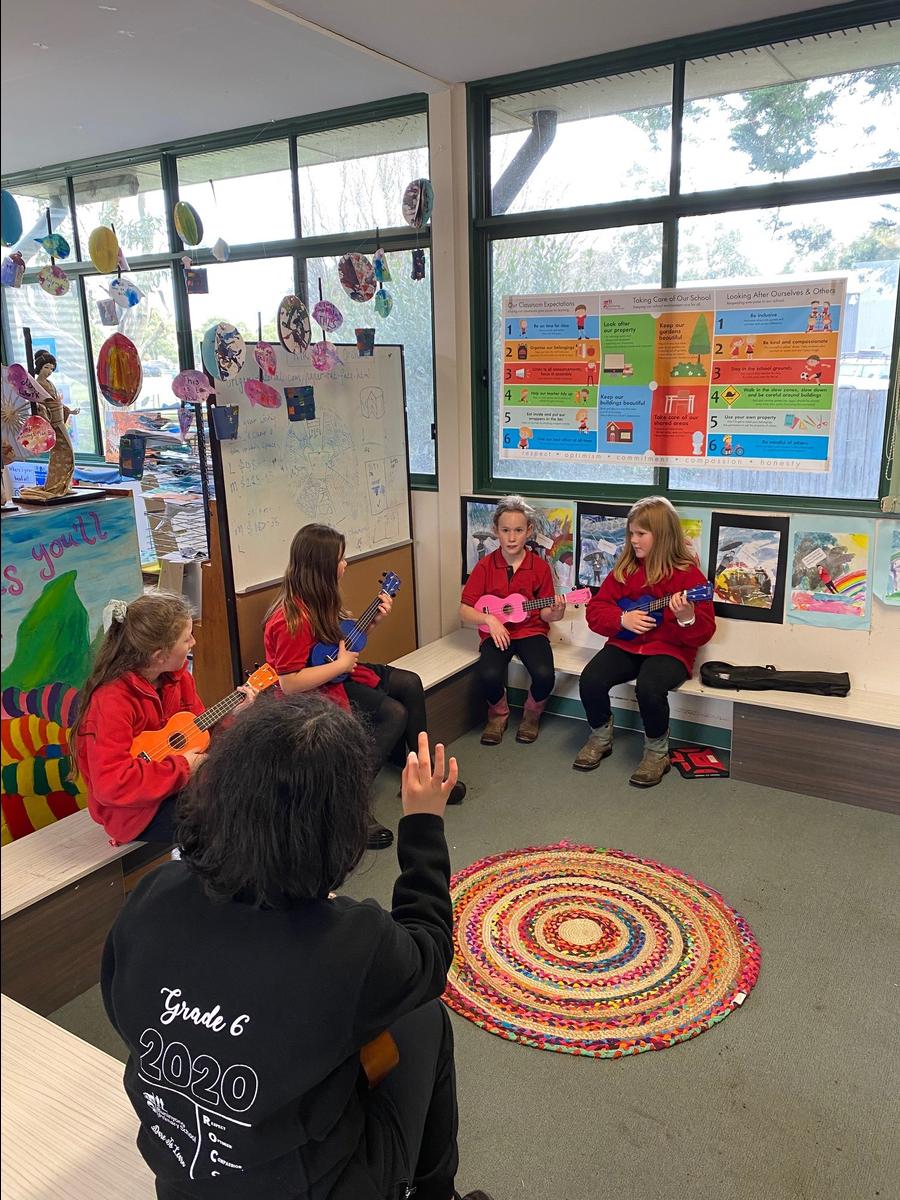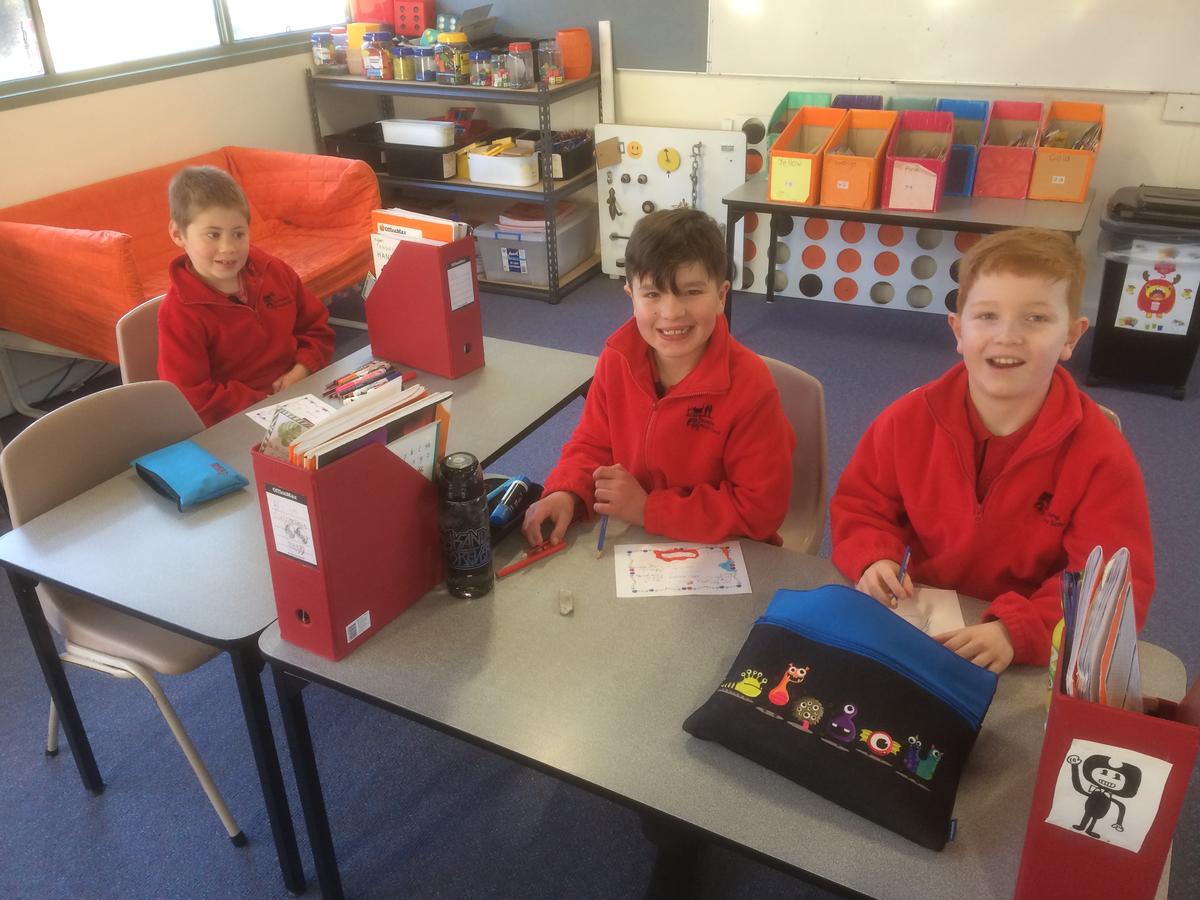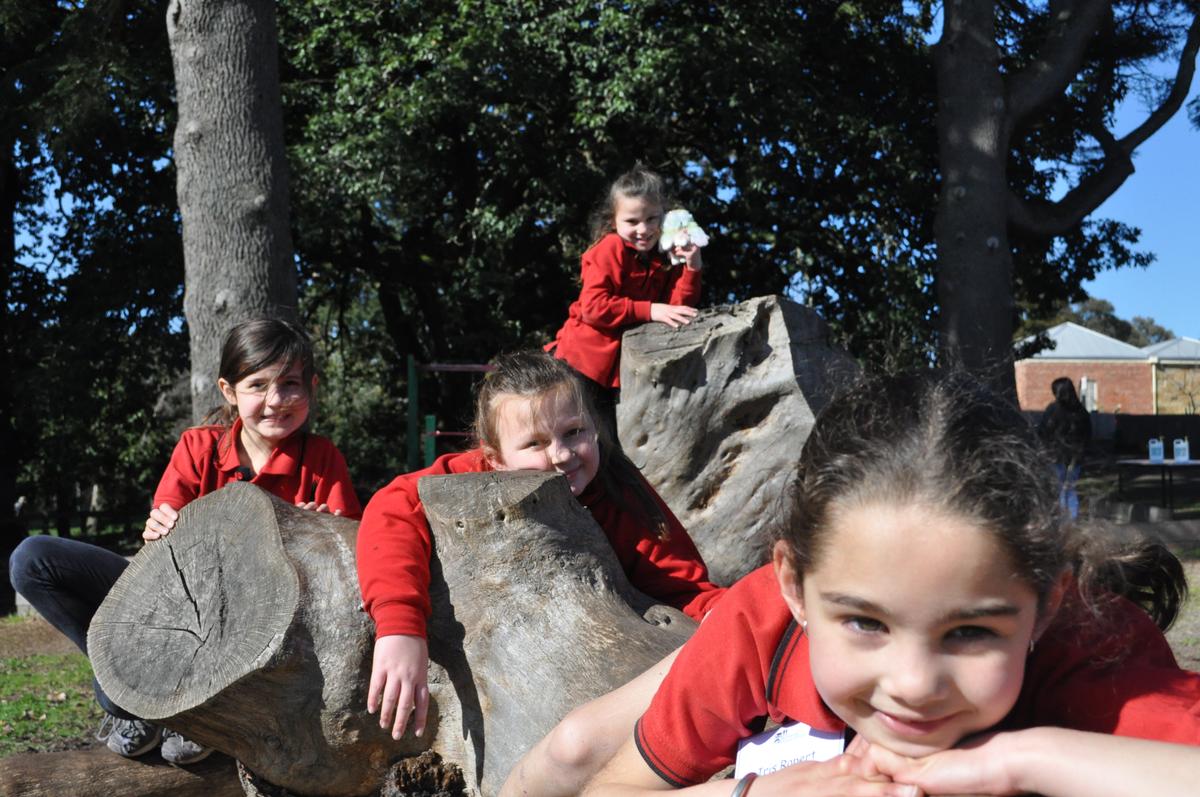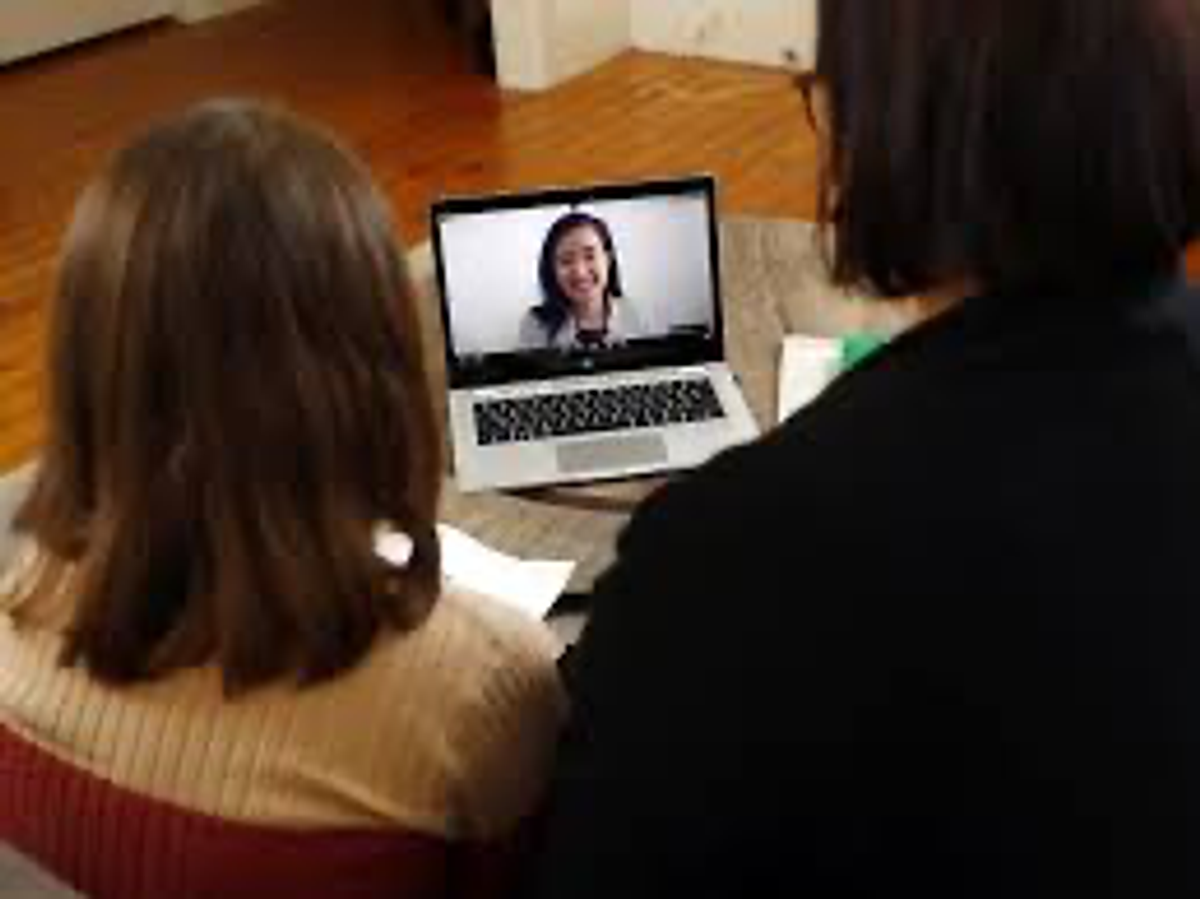Teaching & Learning

Moving to Composite Classes
Over the coming weeks there will be a number of parent information sessions offered on Webex in Dave Young’s meeting room (570 965 501). Each of these sessions will be focussed on a specific topic that will help understand composite classes and how the school will implement the change during the next few months.
Parents are welcome to attend one or all of the sessions, however they will be recorded and made available the following day.
Session 1: Wednesday November 18th (7-7.30 pm) Organising the Curriculum for Composite Classes.
Session 2: Wednesday November 25th (7-7.30 pm) - Catering for Individual Needs in a Composite Class.
Session 3: Tuesday December 1st (7-7.30 pm) - Supporting Student’s Social & Emotional Needs in a Composite Class.
Session 4: Thursday December 3rd (7-7.30 pm) - The Scotsburn Model
Webex Room: 570 965 501
Moving to Composite Class Structures - FAQ’s
During our recent parent survey regarding the class structures for 2021, there were a number of questions raised that we would like to address. These are all wonderful questions that will hopefully help everyone understand the reasoning behind moving to composites.
Why do we need to create composite classes?
There will almost always be a need to run composite classrooms at some stage in schools because of the way we are funded and the fact that our student numbers will not always be consistent and fall neatly into even class groupings from year to year. Schools must work within their budget to organise classes and a staffing profile.
Funding is allocated to public schools on a per student basis and this is calculated by the number of students we have enrolled on the census date in February.
The size of each year’s cohort can vary considerably depending on enrolments but we still only receive a total amount of funding for the overall number of students. We have been lucky over the last 10 years, as enrolment numbers have either increased gradually or remained steady. For the past 6 or 7 years, numbers have been conducive for straight class groupings. If we are to develop classes of an appropriate size and with a mixture of genders over the next few years, composite classes will need to be formed.
It is interesting to note that some schools consider composite classes the preferred option due to the flexibility and the social & academic opportunities it provides the school.
How does the school decide the makeup of classes each year?
The process of placing students into classes is one that Buninyong PS has always put considerable time and effort into. Although it is almost impossible to find the perfect combinations, it is in our best interest to take the time to consider the students’ needs, parental concerns and teacher recommendations. Teachers take into consideration the individual needs (social, academic and behavioural) of each student and work in teams to develop groupings that will work best together. The Principal class team oversee this process and then allocates teachers to class lists.
This process does not change as we move to composite class structures.
How do teachers cater academically for more than one grade in a class?
Teachers are skilled at delivering the required curriculum. In addition, teachers must adapt the curriculum to suit the needs of individual learners within the classroom. A composite class generally has very little extra variation in the needs of learners as compared to a straight grade, which always has a variety of levels of achievement. Each level of the curriculum builds on that from the year before, so in order to cater for the different needs of students, teachers are consistently teaching above and below that level’s curriculum requirements.
A composite class does require slightly more work from the teacher in order to make this happen effectively but does not disadvantage students in any way. Research by Professor John Hattie into the effect sizes of factors that influence achievement, show that composite classes make no difference to the academic outcomes of students. In fact, the factor that has the largest influence by a very large margin is teacher quality.
My child will be repeating work.
As mentioned in the answer above, teachers are skilled in catering for the individual needs of students. We do this in a number of ways:
Over recent years, our teaching staff have put considerable work into collecting and tracking academic data, analysing it and then using this knowledge to plan future learning experiences. This enables teachers to differentiate the work for students and to build on the knowledge from the previous year.
We plan in teams to support each other and build academic rigour around the learning in the classroom. Each week, all teams have time together to reflect on the learning program from the week, assess against the goals and create future learning tasks. This may include creating flexible working groups across the cohort, differentiating the learning in a single class or identifying specific learning events.
We have mapped the curriculum across the school for learning areas other than Maths and English. This allows learning in subjects like Geography, History, Science and Technology to take place in line with the stages of learning from the Victorian Curriculum. i.e. The curriculum in these subjects is written for Levels F-2, 3-4 and 5-6.
My child will not get a chance to be with friends.
Children benefit enormously from having friends outside of their year group. It allows them to develop a wider group of friends which gives them more options in the playground, greater connections across the school and can benefit them within the wider community. It helps them build social skills which has long term effects for building resiliency.
Children in composite classes have nothing to fear but plenty to enjoy. Some parents may be concerned that their child will lose friendships with the bulk of other students in their year group. Some students may choose to only play with students from their class but there is no evidence that this has negative long term effects. Most children quickly adapt to new classes and re-form friendships in subsequent years. If this year has taught us something, it is that our kids can adapt to challenging situations that they have never experienced before.
Every year, we ask students to nominate friends they would like to proceed to the next year’s class with. As part of the class sorting process, teachers go to great lengths to organise students so that at least one student from their list will be in their class. This process won’t change for 2021.
My child will miss out on special events.
Throughout a student’s primary school life, they will participate in many extra events which fall into two categories; transitional events and extracurricular activities.
As you can see below, these special activities will continue to be a part of our learning program, jst with slight modifications to suit our new context.
Transitional events are activities that are specific to a year level and usually are part of the core learning program. Examples of these include Story of Buninyong, Scratch and Patch, Solar Boats etc. Students will not miss out on these events as the curriculum will be modified to ensure these activities are mapped out over a two year period.
Extra-Curricula Activities include school sports, swimming, Fete, concert, camps, Life Ed and Bike Ed. Although some of the organisation of these events will be modified to meet the needs of composite classes, students will still have the same opportunities to participate in these important events. Our camping program will continue with students attending all camps they have become accustomed to, just in alternative years. Eg Yr 3/4 will attend Angelsea in 2021 and then Queenscliff in 2022. Alternatively Yr 5/6 ‘s will attend Halls Gap in 2021 and Melbourne in 2022. (Unfortunately we think Melbourne might still be off limits in 2021).
End of Year Student Reports – Save the dates.
The end of year Parent - Teacher conferences form a very important part of our reporting
process of student achievement. This term, these conferences will take place on Webex, similar to the way in which they were conducted in June.
The following process will be followed over the coming weeks. Please add the following dates to your calendar.
Monday 30th November- Parent Teacher Conference Bookings are open at 3.30pm (Compass) Friday 4th December – Student Reports available on Compass. (From 4pm) Tuesday 8th December – Parent Teacher Conferences Day 1: 4pm – 6.00pm Thursday 10th December – Parent Teacher Conferences Day 2: 1.45pm – 6.00pm (Early finish for students at 1pm) |
The following information may help with making the most of these sessions:
Interviews will be allocated 10 min each with a 5 min break between each.
Teachers will contact parents in the lead up to the interview days with Webex Room numbers that will be used for the conferences.
This interview will:
● Provide further explanation about reports
● Elaborate on level of growth and achievement
● Elaborate on effort/work habits
● Elaborate on social/emotional aspects
● Provide an opportunity for parents to ask questions.
Specialist Team
If you would like to meet with our specialist team, please use the same online booking process and choose the appropriate teacher.
Physical Education: Claire Morris
Art: Michelle Noyce/ Helen Arts
Music: Steve Skillbeck
Japanese: Narelle Sullivan
Scotsburn Specialist – Liz Morgan
In next week’s newsletter, we will have reminders about how to book an interview and some advice on making the most of these times.


